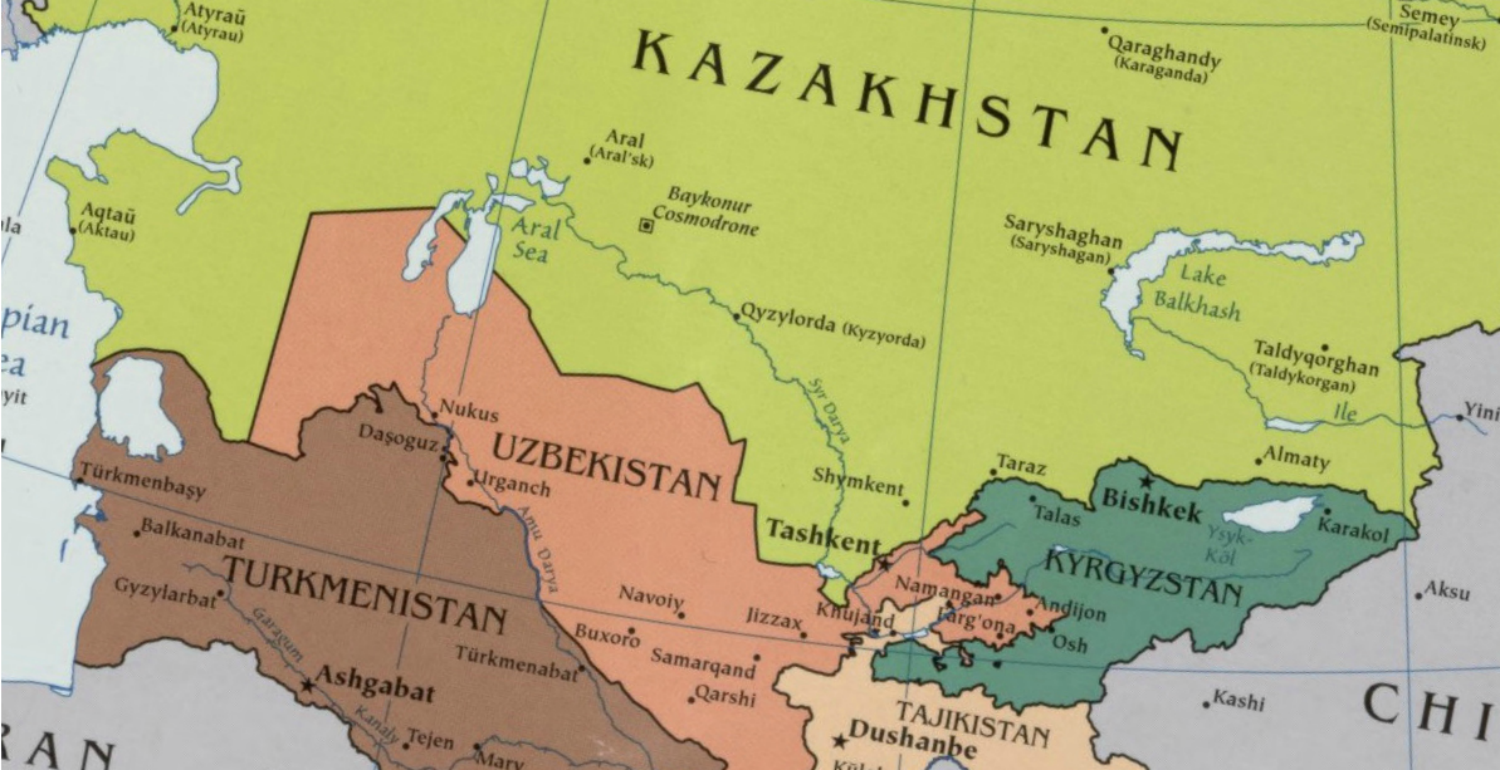The hearing, led by the Hon. Christopher H. Smith, the Hon. Sam Brownback , and the Hon. Benjamin L. Cardin, focused primarily on the legal restrictions on religious activities and other attacks on religious freedom, lagging efforts to combat trafficking in persons, discrimination and violence against Roma, and the prevalence of official corruption and organized crime.
The efforts to encourage Bosnia-Herzegovina to move beyond the limitations imposed by the Dayton Peace Agreement will be discussed. Further, the plight of the displaced and minority communities of Kosovo, and the need for Serbia to cooperate fully with the International Criminal Tribunal will also be covered.











